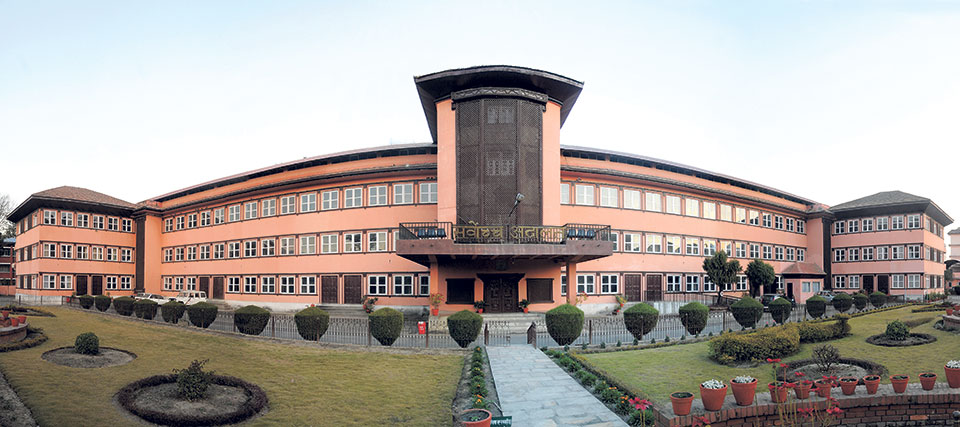Divya Pharmacy had claimed that being ‘purely an Indian company’, it should get relief from sharing benefits with local communities.
UTTARAKHAND, Dec 28: The Uttarakhand High Court has dismissed a petition filed by yoga guru Ramdev’s company Divya Pharmacy to challenge the requirement that it should share profits with farmers from whom it procures resources. The requirement is part of the provisions of the Fair and Equitable Benefit Sharing of the Biological Diversity Act, 2002.
The plea claimed that as Divya Pharmacy was “purely an Indian company”, it should be allowed to not share the benefits, The Indian Express reported. The company had challenged the powers of the Uttarakhand Biodiversity Board, which had said Divya Pharmacy is liable to share Rs 2 crore of its Rs 4.21-crore revenue for 2014-’15 with farmers under the Biodiversity Act.
SC rejects ex-IGP Thakuri's review plea

The company said the Act did not apply to Indian companies and said the state board’s regulations imposed “unreasonable restrictions over fundamental rights to livelihood and business enshrined in Article 19(1)(g) of the Constitution, Business Standard reported on Thursday.
However, the High Court rejected the company’s claim, saying it defeated the “very purpose for which the law was enacted”. “Biological resources are definitely the property of a nation where they are geographically located, but these are also the property, in a manner of speaking, of the indigenous and local communities who have conserved it through centuries,” said the judgement delivered on December 21, according to The Indian Express.
The High Court said local communities residing in the Himalayas are the traditional pickers of the biological resources who have preserved the traditional knowledge of finding the herb in the correct season, its character and distinct qualities, among other things. “This knowledge may not strictly qualify as an intellectual property right of these communities, but nevertheless is a ‘property right’,” the court said.
The judgement further said: “Can it be said that the Parliament on the one hand recognised this valuable right of the local communities, but will still fail to protect it from an ‘Indian entity’? Could this ever be the purpose of the legislature?”




































